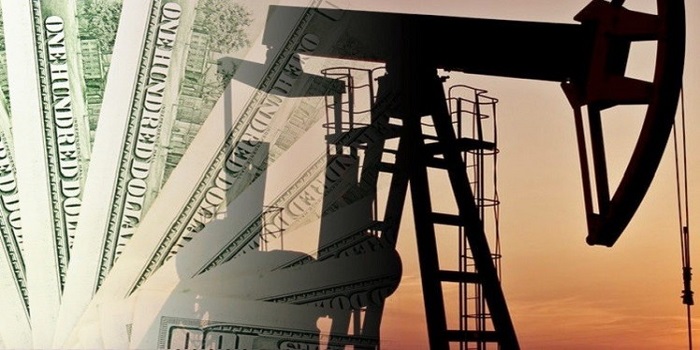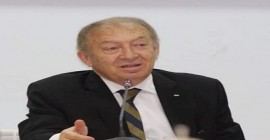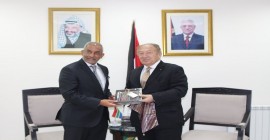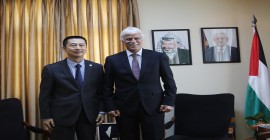PA’s Budget of 2015 Saved by Dollar and Petroleum
The increase in the value of the dollar against the shekel and the drop in petroleum prices were the two most important factors that helped the Palestinian Government save its budget, as the flow of donor aid and the world’s concern with the Palestinian issue receded.

Hasnaa Al Rantisy – Palestine Economy Portal
Translated by Tamara Barakat
During 2015, the value of the dollar against the shekel continued to increase, rising at several times above 3.90 shekels. At the same time, petroleum prices dropped from $120 to $36.
The former Minister of National Economy, Dr. Bassem Khoury, explained that the price of several industrial products, such as iron and cement, fell due to the decrease in petroleum prices. He said, “Around 40-45% of the price of cement covers energy expenses. When the price of energy sources like petroleum and gas drops, this reflects on the price of the products and services that rely on them, such as transportation services, flight tickets, and prices of goods.”
The drop in petroleum prices also led to a decrease by 20 % in fuel and heating bills paid by Palestinians. The price of gasoline fell by 70% worldwide. The prices in Palestine were not fully affected by this drop as the rest of the world because Israel imposes a three-shekel “blue tax” on fuels.
Positive Effect on PA
Dr. Khoury also added that this left a positive effect on the Palestinian Authority. The drop in fuel prices increased the PA’s profits. In October, the clearance revenues reached 606 million shekels – the highest number the clearance ever reached – and over 200 million shekels were levied as local taxes.
The majority of the 606 million shekels consists of Value Added Tax imposed on gasoline and fuels. The PA’s margin of profit increased as the cost of gasoline decreased to a third.
Support to Cover Operating Expenses
The international crises currently taking place made the Arab World and International Community busy with their own problems, and so, the concern with the Palestinian issue receded. Dr. Khoury said that the actual support to the Palestinian budget was 30%. The increase in the dollar value allowed the PA to purchase more shekels, as the PA uses the shekel more than the dollar, especially since the majority of its budget consists of salaries paid to its employees in the shekel.
He added that this helped the PA fulfill its financial obligations, but it was unable to make any future investments. The drop in petroleum prices and the increase in the value of the dollar allowed the PA to cover its operating expenses, despite the Israeli obstacles and the ongoing blockade. However, it did not achieve any sustainable development.
Economic Forecasts
Dr. Khoury expected the petroleum prices will not remain in this state for long since the Kingdom of Saudi Arabia will have to increase them lest its suffers from a great deficit. The prices of petroleum will increase in the upcoming period and Palestinians will lose the benefit they gained from their drop.
He also mentioned that the overall financial conditions are bad. In 2014, the GDP decreased and the per capita income fell by 4%. He expected that 2016 will also witness a drop in the GDP and income, as well as deflation.
The economic expert, Dr. Nasser Abdel Karim, saw that the Palestine Monetary Authority’s report was overly optimistic. It anticipated that the Palestinian economy will grow by 3.3% and even by 7% if the security and political conditions are stable.
He explained that these forecasts are incorrect since they are based on assumptions. If the assumptions come true, then the economic forecasts will also come true. He said, “Still, I doubt that the assumptions on which the forecasts are based are correct.”
He said that the economic conditions of 2015 were the same as those of 2014, if not even worse. The conflict with the Occupation has not improved and it did not witness any just political settlement. He believed that the obstacles in the face of the Palestinian economy will only increase, and we will witness more decline and unemployment.
Moreover, he said that the conditions surrounding the Palestinian economy are negative and discouraging, and so it is illogical to forecast anything optimistic.





